How To Shop For Babies Safely?
Shopping for babies must be done very very carefully! Our tiny ones need the most comfortable, healthy, and premium products. Read the blog to know tips and tricks to buy stuff for babies, smartly and safely!
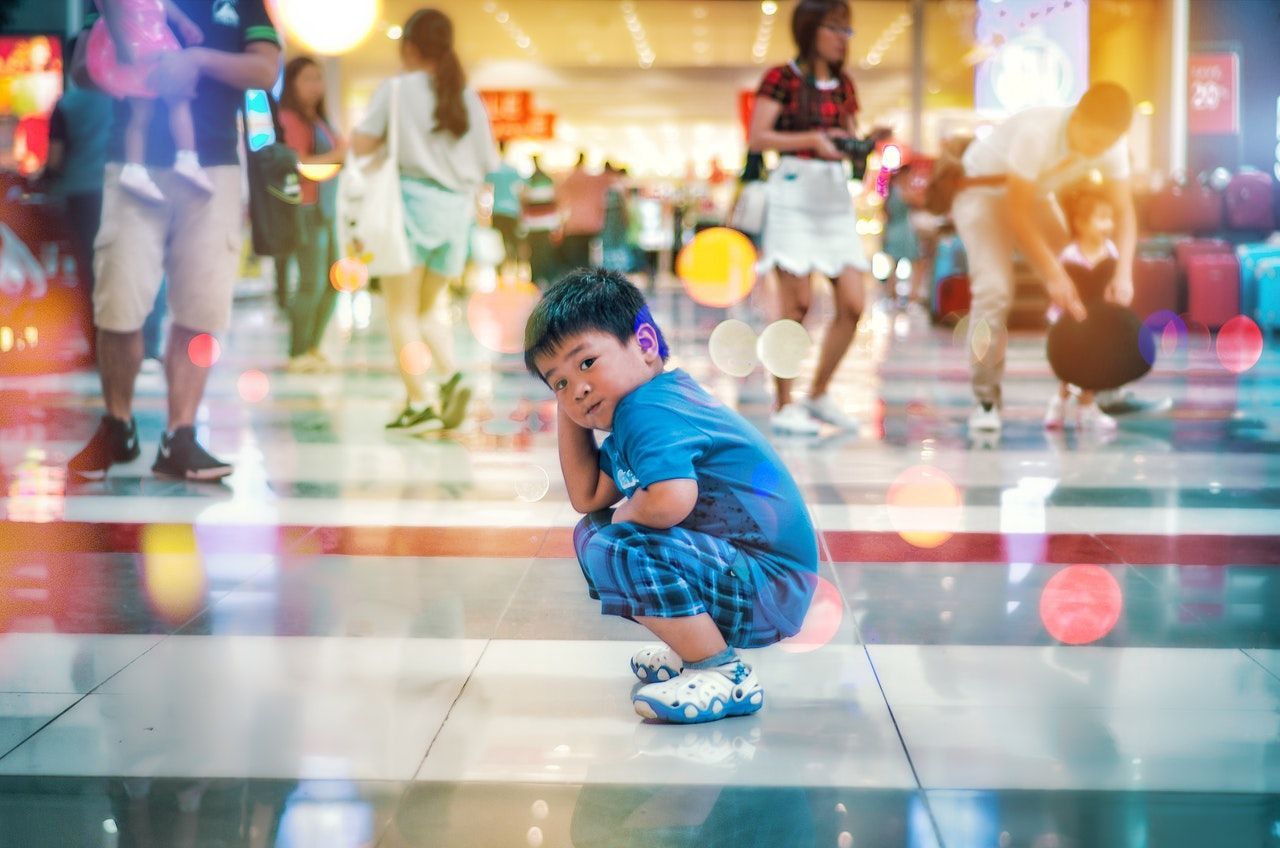
Manufacturers/companies are going to try to sell you on anything and tell you it is the ‘best product on the market’ even though this might not be the case. Whether shopping for new clothing, supplies for the nursery or safety products for the car as a new parent you want to know you are buying the very best products for your children. Before you buy, consider a few of these tips to ensure you do buy the very best product for your kids.
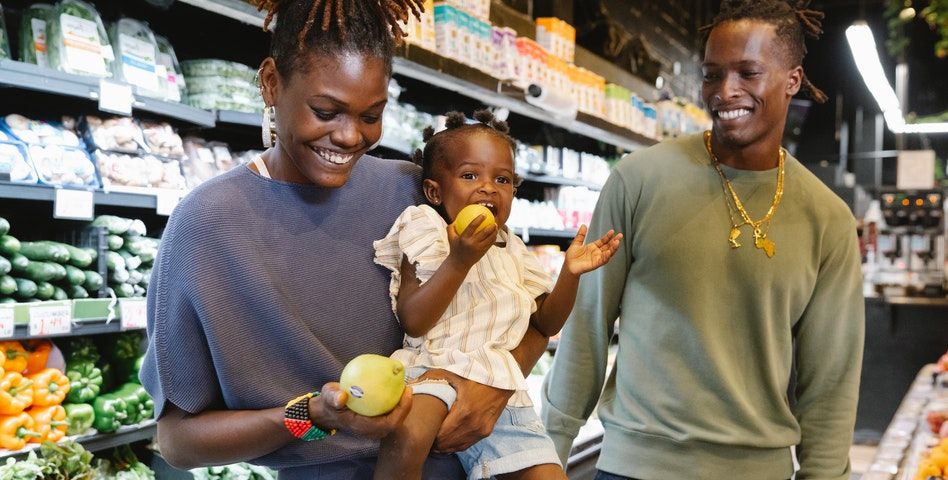
Do Your Research About The Product
Learn about the products you are buying. Find out how they are made, materials being used, design specifications, quality of the design, and so forth. More often than not, this is going to be a good indicator of quality. You can actually see the items you are researching, how they are put together and better determine the quality for yourself.
1.Use Review Sites Before You Purchase
Learn what other consumers have to say about the baby products. Find out what ‘industry experts’ think and learn about how the product has been put to use by those who are writing reviews. Take the time to find reviews.
2. Rely On Companies With ‘Industry-Experience’ Or With ‘Better Approach’
If companies have been in business for 20+ years, versus a new company which has several complaints listed against them you might want to choose the industry experts. However, there are multiple brands that are completely new but offer a better approach and great quality. So, why not trust them? It requires a smart move and a wise decision.
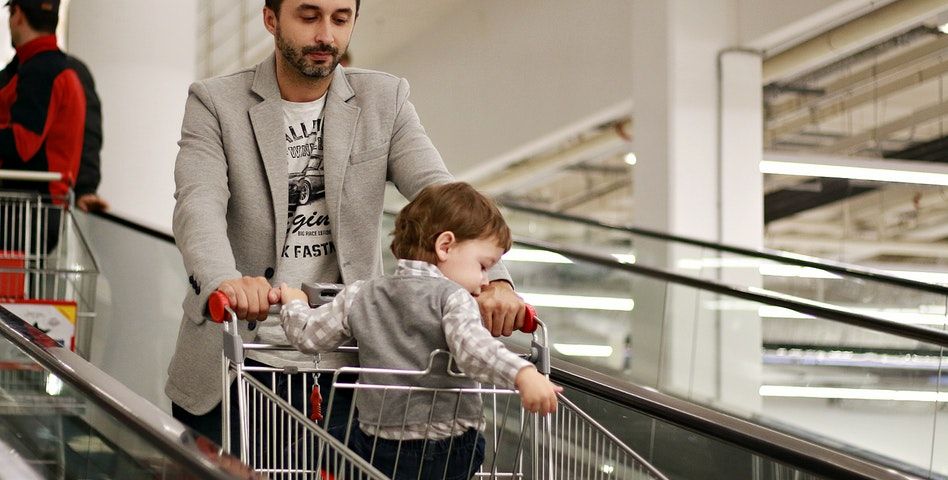
3.Never Buy With A Compulsion!
Of course, you ultimately want to choose those products which you feel comfortable buying and shouldn’t feel pressured to choose something because other consumers claim it is the best product-line available. But these are a few simple ways to ensure you find the best product, quality, and choose the right items when shopping for your children and home. So, follow those tips and trust your instincts for your baby.
Think Before You Act!
Are you giving your baby the healthiest start possible? Should you be doing more to protect your child? These are some of the questions we might ask ourselves as we try to make the best choices for our children. But it’s not always easy to find answers.
Thankfully, new technology brings new choices and sheds light on older practices, some of which have been around longer than you might expect.
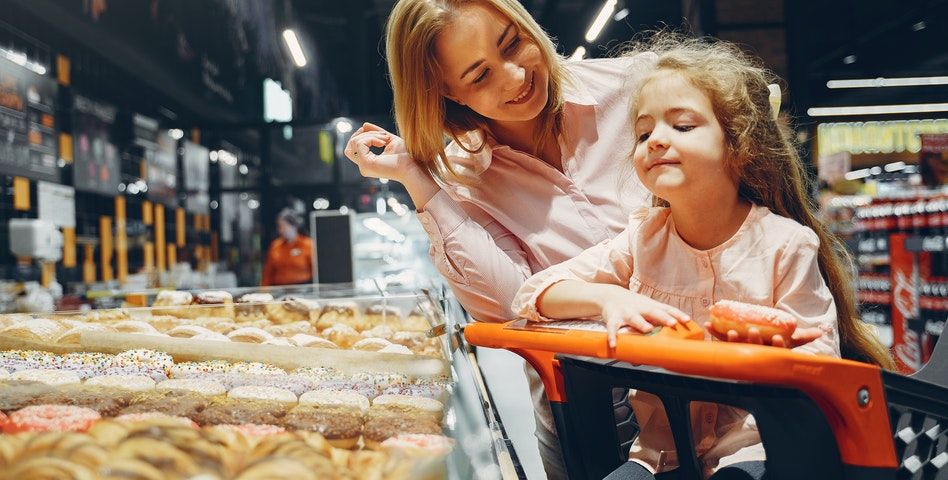
What Makes a Product “Natural”?
While we might feel better when we pick up a product labeled “natural,” “eco-friendly,” or “green”. But usually the governments do not regulate it. It don't test substances before they’re used in products, preferring instead to remove them from shelves if they’re later found to be unsafe. That’s why industry and non-profit organizations have partnered to create standards for various products on the market today.
Which Harmful Chemicals Should You Avoid?
If you’re buying or using a product that lacks certification, it helps to familiarize yourself with ingredients known to cause harm. Every day scientists uncover new information about the chemicals we’re exposed to and their potential links to illness. Many of these substances are currently under review by government agencies and academics. Others are in the process of being banned or restricted.
Know The Products That We Should Avoid
BPA Plastic

What is it? : BPA is an industrial chemical that is added to some plastics to create strong, impact-resistant products. It has been used commercially since the 1950s and is now one of the most widely produced chemicals in the world. Mostly commonly you’ll find BPA plastic in products labeled with a #7 recycling symbol, but not all BPA plastic is labeled.
Why is it harmful? : Over a thousand studies have linked BPA exposure to a host of illnesses and conditions. These include cancer, hormone disruption, infertility, and problems with liver and kidney function. Recent studies show BPA is more harmful to developing fetuses and children.
Where does it hide? : BPA is present in some plastic water bottles, plastic containers, cashier receipts, inside some tin cans, bottle tops, DVDs, CDs, sunglasses, highly processed food and most plastic food packaging. It is most commonly absorbed through the skin and mouth.
Phthalates

What are they?: Phthalates are industrial chemicals designed to soften hard plastics and make them more flexible. They are most commonly found in plastics.
Why are they harmful?: Exposure to these chemicals have been linked to birth defects, asthma, early puberty, a higher risk for breast cancer, and decreased sperm counts. It’s believed that children’s immature metabolisms make them more susceptible to the effects of phthalates.
Where do they hide?: Phthalates are present in diapers, lubricants, lotions, toys, electronics, shampoos, and baby powders, among many other things. Children and babies absorb phthalates through the skin when they are present in body products. They can also absorb them when chewing on toys containing phthalates or when breathing in vinyl.
Flame Retardants

What are they?: Flame retardants are a group of chemicals added to a variety of products to make them less flammable. They include minerals, organohalogens, and organophosphates.
Why are they harmful for children?: Early flame retardants (PCBs) were banned when scientists linked them to a variety of toxic effects. More recently, flame retardants have been linked to asthma, allergies, dermatitis, birth defects, and cancer.
Where do they hide?: Flame retardants exist in electronic devices (including computers, notebooks, phones, TVs, cables), foam products (mattresses and pillows), soft furnishings (curtains, upholstery fabrics), insulation and other construction materials.
PFOA/PFOS

What are they?: These substances belong to a group of industrial, human-made chemicals known as PFAS, or Per- and polyfluoroalkyl substances (PFAS). They have been used for decades in carpeting, clothing, upholstery, food wrappings, and fire-fighting foams.
Why are they harmful for kids?: Studies have linked the chemicals to reproductive and developmental issues, along with liver, kidney, and immunological effects. Other concerns include high cholesterol, obesity, thyroid hormone disruption, and cancer.
Where do they hide?: These chemicals are commonly applied to waterproof and steam-resistant fabrics, along with fabrics labeled “wrinkle free”. They are most commonly absorbed through drinking water, however, when they have entered the water supply through industrial uses. Some water filters will filter out PFAS. Imagine how unsafe are these in products for toddlers.
Parabens

What are they?: Parabens are a group of related chemicals used to preserve materials and prevent the growth of bacteria and mold.
Why are they harmful?: Parabens have been linked to hormone disruption and have been found in some breast cancer tumors. The substances are currently under review in many countries, including the U.S.
Where do they hide?: Commonly used to preserve cosmetics, parabens are often found in shampoo, conditioner, deodorant, make-up, lotions, creams, shaving products, and other personal care products, foods, and drugs. They are readily absorbed through the skin.
Triclosan

What is it?: Triclosan is an antimicrobial substance added to many household and baby products to help reduce the growth of bacteria, mold, and mildew.
Why is it harmful?: Triclosan has been shown to mildly disrupt hormones and has been linked to sensitizing people to food and environmental allergies.
Where does it hide?: Triclosan is a common ingredient in soaps, hand sanitizers, toothpaste, shampoos, mouthwashes, deodorants, cleaning supplies, and some pesticides. It’s also found in toys, kitchen utensils, garbage bags, socks, and bedding.
Conclusion
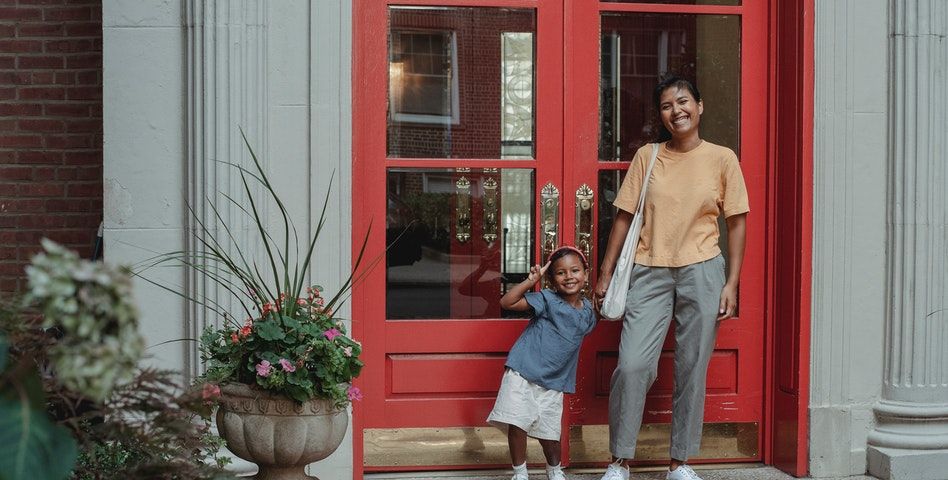
We can not completely let these substances take an exit. Why? Because we have a certain lifestyle that makes it difficult for us to switch from a particular range of products. What we can do is, regulate the usage and the amount of toxins added in the products. We must be very careful while buying children's stuff. They are the most sensitive of all. Why would we want them to suffer? So, choose an exclusive and safest range of products from Babylist! With this, you are just going to witness satisfaction, and nothing else!